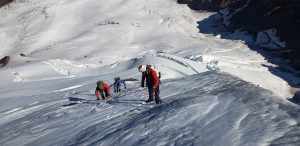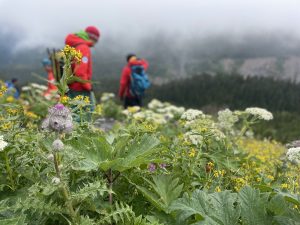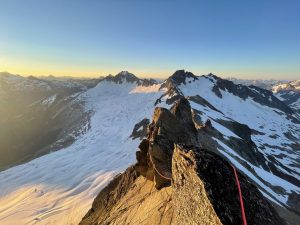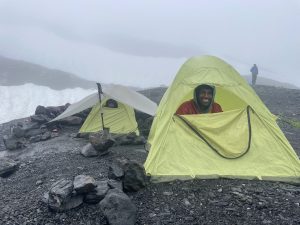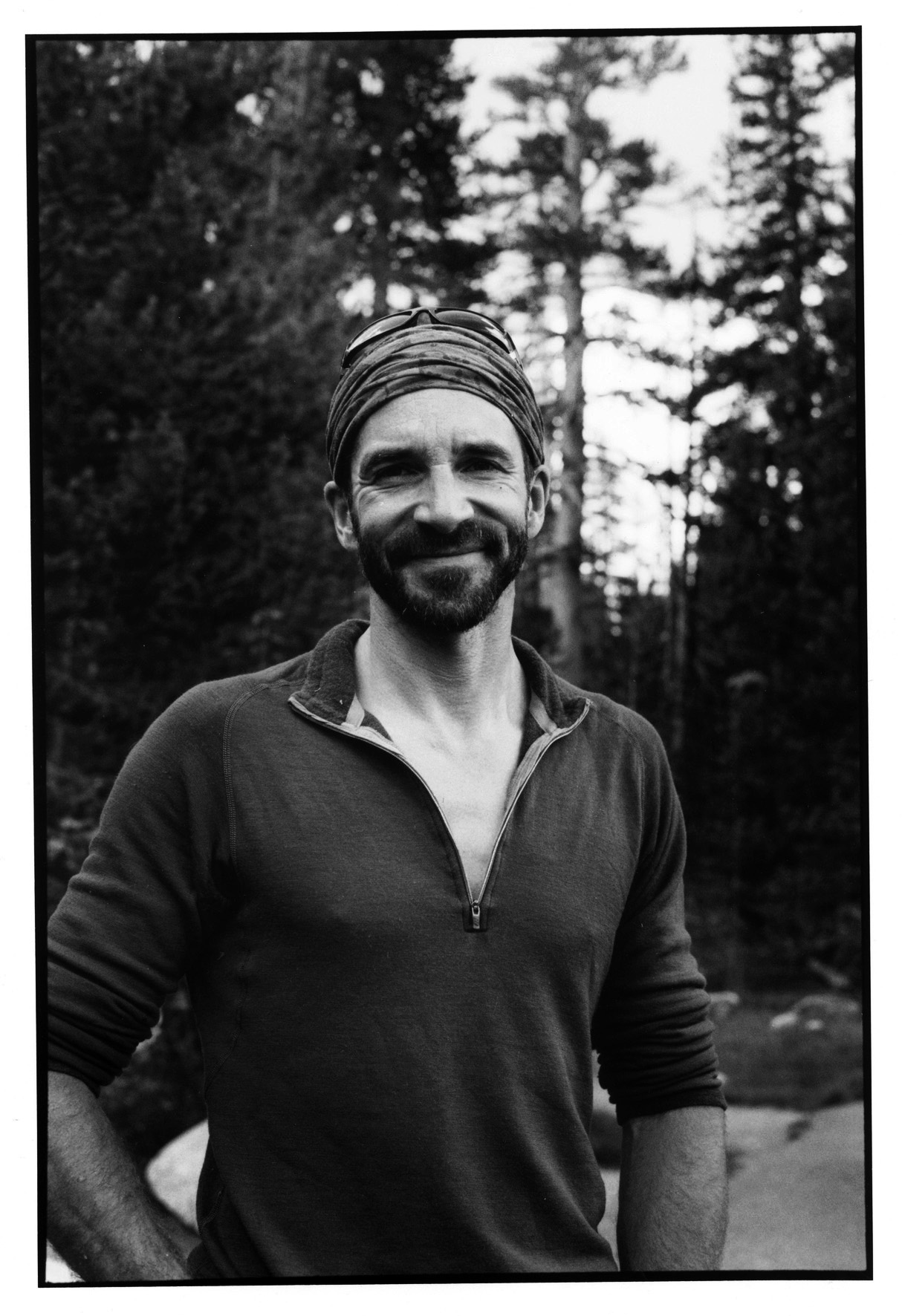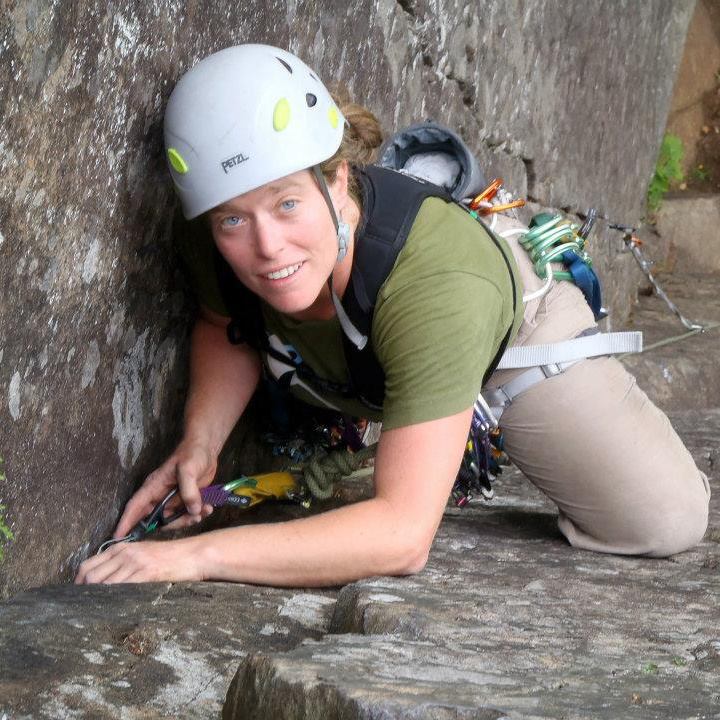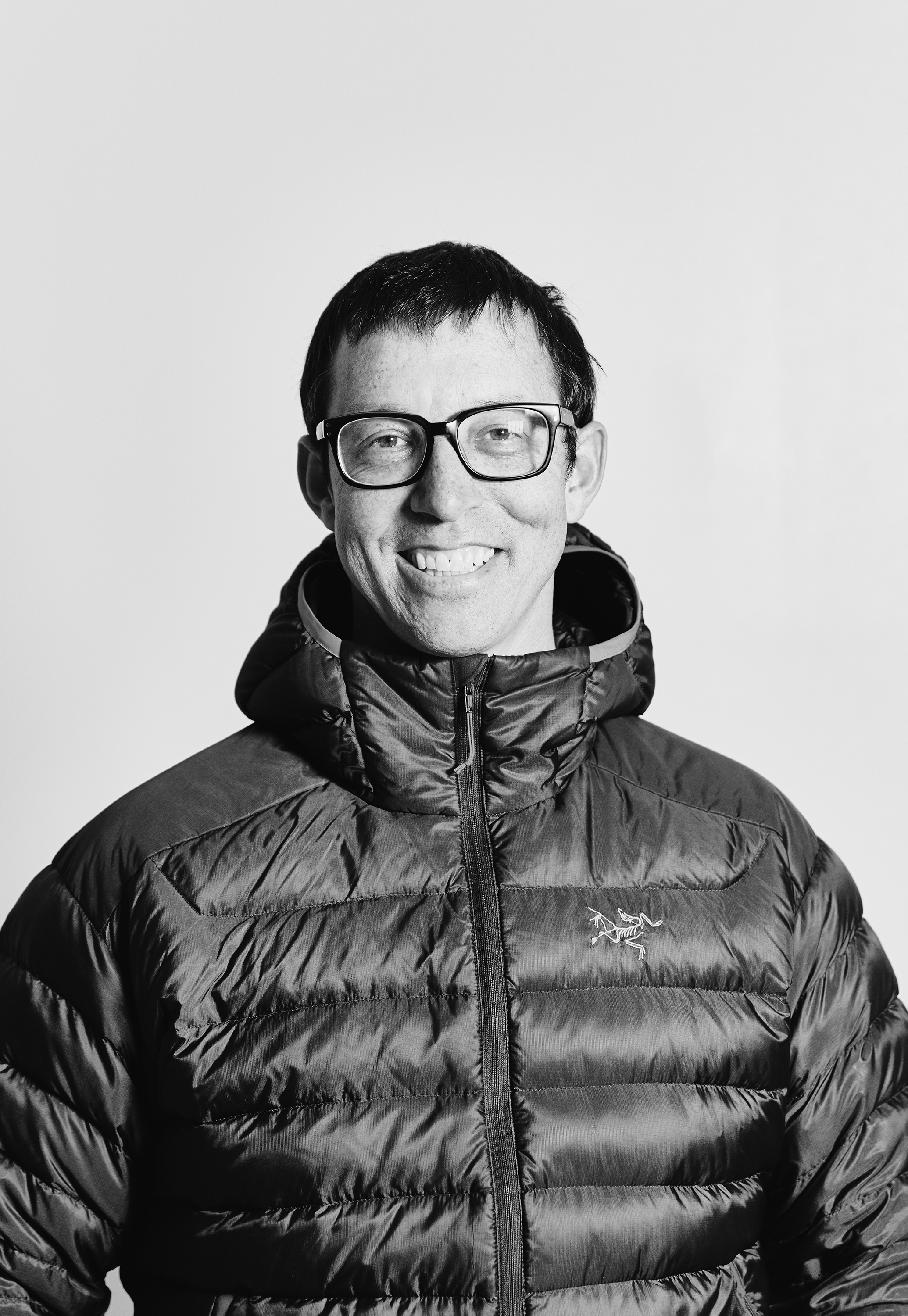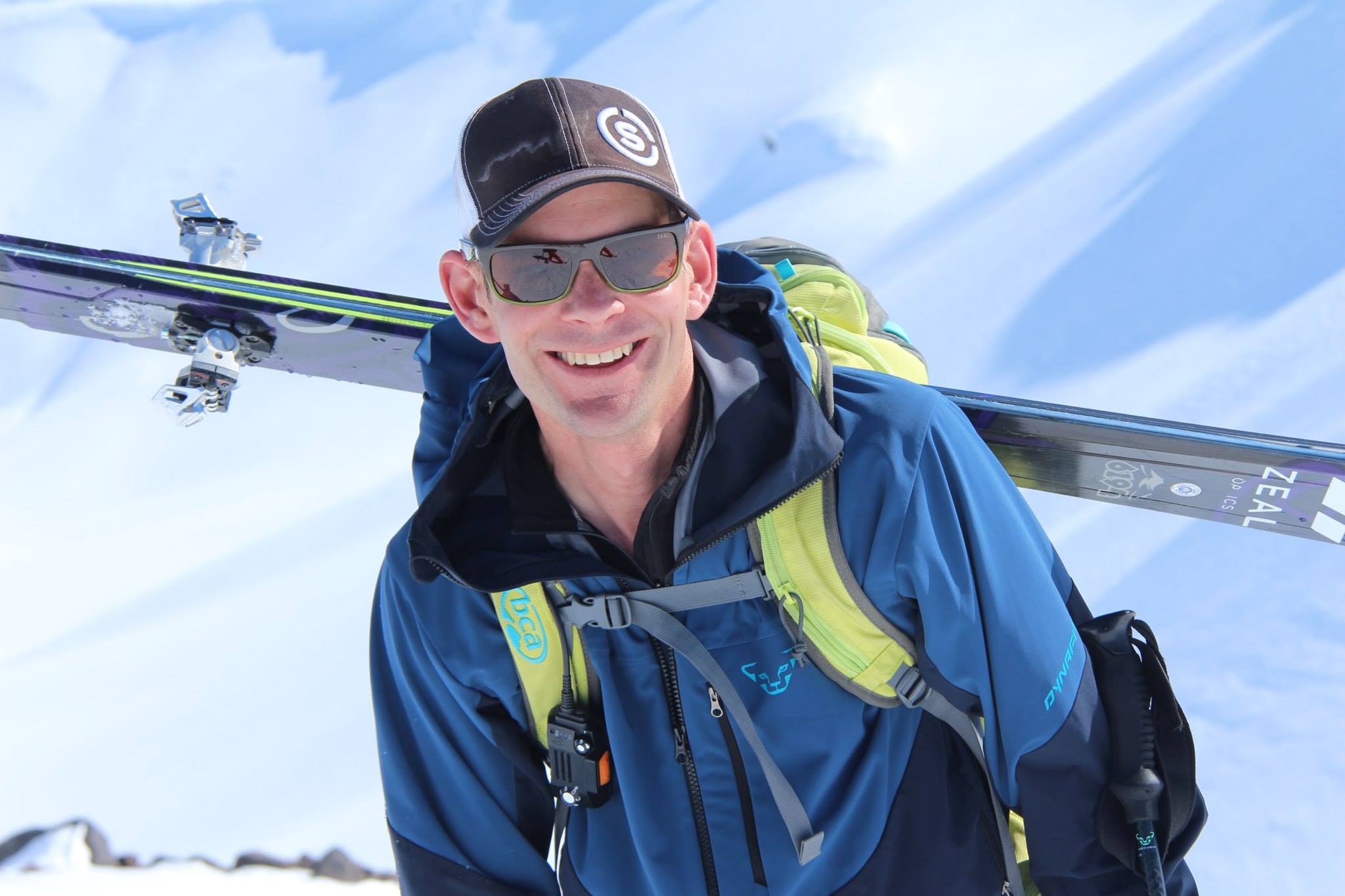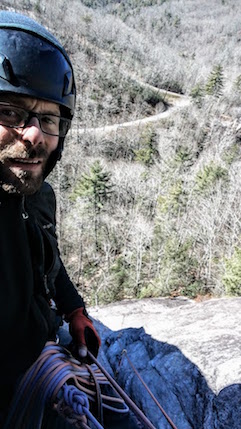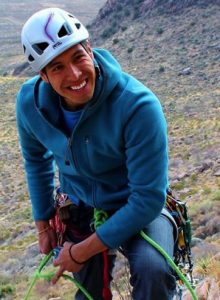2022 Patagonia Scholarship | Japhy Dhungana
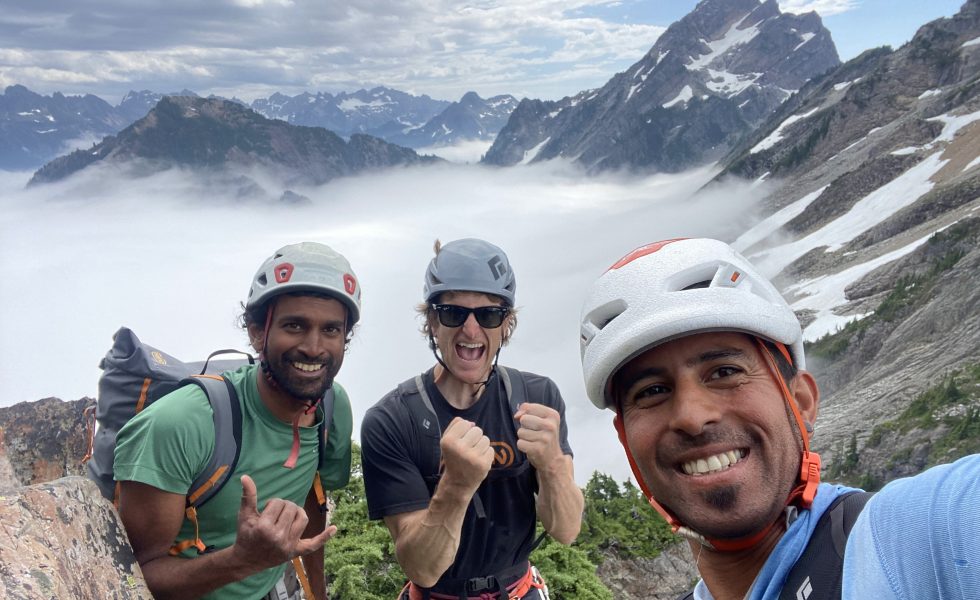
The AMGA Alpine Guide Exam was the culmination of a seven-year journey in my professional development as a guide. I am grateful to Patagonia for sponsoring my scholarship and enabling me to complete my certification as an Alpine Guide. In many ways, although I have been guiding in the alpine discipline for over 12 years, this certification represents the beginning, rather than the end of my career, in that it has allowed me to look at decision-making and problem-solving in the alpine with more nuance and perspective than before.
For others working through the program, I have distilled a few helpful pieces of advice below:
- Plan for at least two days, if not more, before the exam for a complete rest from climbing. During these two days pre-exam, consider arranging all of your logistics. For example, finish all of your grocery shopping for the entire exam. It really helps for the quick turn-arounds between outings to not have to stop at the grocery store. I also did all of my laundry so that I had the whole 9 days of the exam accounted for. Articles of clothing like socks, pants, sun-hoodies, and buffs were helpful to have multiples of so that I wasn’t relying on laundry in the middle of the exam.
- Prepare and write out all of your tour-plans before the exam. Most of the common objectives in the North Cascades are already well-known (everything in Boston Basin, Eldorado zone, Shuksan, Baker, and Green Creek Cirque), and in the weeks leading up to the exam, it was a helpful exercise to craft specific tour plans for each climb in the different zones. This allowed me to focus on rest and preparing for the next climb in-between outings, not making tour plans during the middle of the exam.
- Get to know your co-candidates and train with them before the exam. So much of your success on the exam comes from your collaboration with your co-candidates. We spent 8 days before the exam exploring the zone and this helped each of us tune-in to not only the mountain environment, but also to each other’s working styles.
- I appreciated having all of my gear in excellent shape and ready for work before the exam. This included sharpening ice tools and crampons, dry-treating gloves and boots, having clean, dry ropes, and plenty of extra gear. Having multiple options for boots, axes, crampons, and ropes allowed me to choose the best possible kit for the objective at hand. Although the instructors went with ultra-light gear, I always appreciated having a more durable (and albeit heavier) kit. For example, I never regretted bringing a real tent, steel crampons, or work-horse axes/tools. The examiners can get away with lighter gear in the client role, but in your work as a guide, you shouldn’t be cutting corners for weight.
- Arrive at the exam with all of your technical transitions tightly dialed. Common transitions on the Alpine Guide Exam were: glacier rope to short rope, short rope to short pitch, double-end rope to parallel rope, parallel rope to short rope, lower/lower/rappel (or equivocate), and every other permutation in between. Executing the motions for the transitions themselves should be the easy part. Deciding on which tool to use, on the other hand, is more challenging, and your mental bandwidth should be devoted to studying the terrain and translating it to the right tool; not how a certain transition works.
- Maintain a high standard of guide-security. It doesn’t matter if you’re the most sendy climber out there – don’t solo pitches, place gear often, and take the extra effort it takes to protect your downclimbs with a lasso’ed horn, an equivocation hitch, or a rappel.
- At the exam level, the feedback shared from examiners is often very subtle, yet important. Practice humility in receiving this feedback and don’t argue with the examiners or staunchly defend your decisions. Appreciate that these details are critical in fine-tuning the craft, and ultimately help us become better guides.
Regardless of how prepared you arrive, there is still a bit of exam-stress that will emerge. This stress is impossible to relieve, and is an essential part of the assessment process. Embrace it, and learn to channel it towards focus and motivation. When done right, the Alpine Exam can be an enjoyable and educational experience, and one that we will remember fondly for the rest of our careers.
